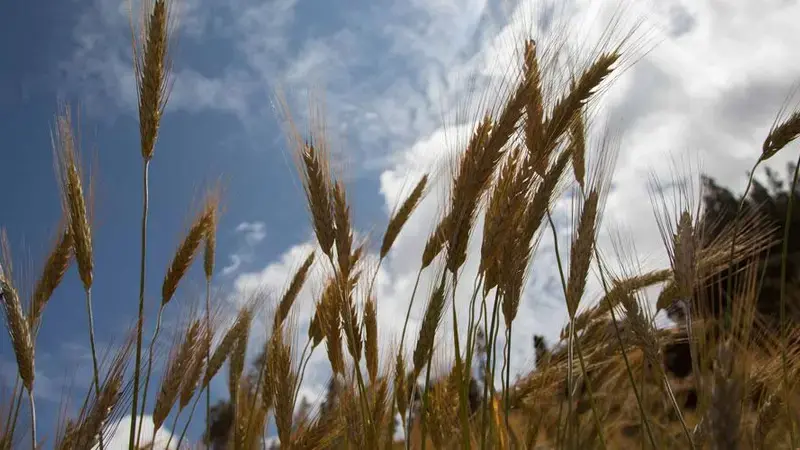Supplemental irrigation

Supplemental irrigation is a simple but highly effective technology that allows farmers to plant and manage crops at the optimal time, without being at the mercy of unpredictable rainfall.
ICARDA and its partners have developed and optimized supplemental irrigation packages for different crops and cropping systems in Ethiopia, Jordan, Lebanon, Pakistan, Morocco, Syria, Tunisia, and Turkey. Several countries in sub-Saharan Africa, including Burkina Faso and Niger, have launched their own programs based on this model.
Supplemental irrigation provides multiple benefits: higher and more stable yields, lower risk of crop failure, and significantly higher water productivity (the amount of grain or biomass produced per liter of water).
SELECTED IMPACTS:
- On-farm water productivity is 2.5 kg/m3 under supplemental irrigation, compared to 0.3 to 1 kg/m3 under rainfed conditions and 0.75 kg/m3 under full irrigation.
- Field trials in several countries showed massive increases in wheat and barley yields with small quantities of supplemental irrigation. For example, yields increased from 4.6 to 5.8 t/ha in Morocco.
- Supplemental irrigation allows farmers to plant their crops early, increasing yields and preventing exposure to terminal heat and drought stress in hot areas, and frost in cold areas.
